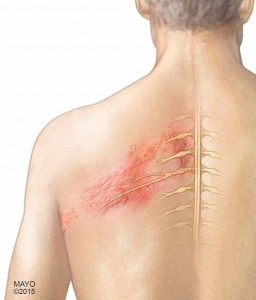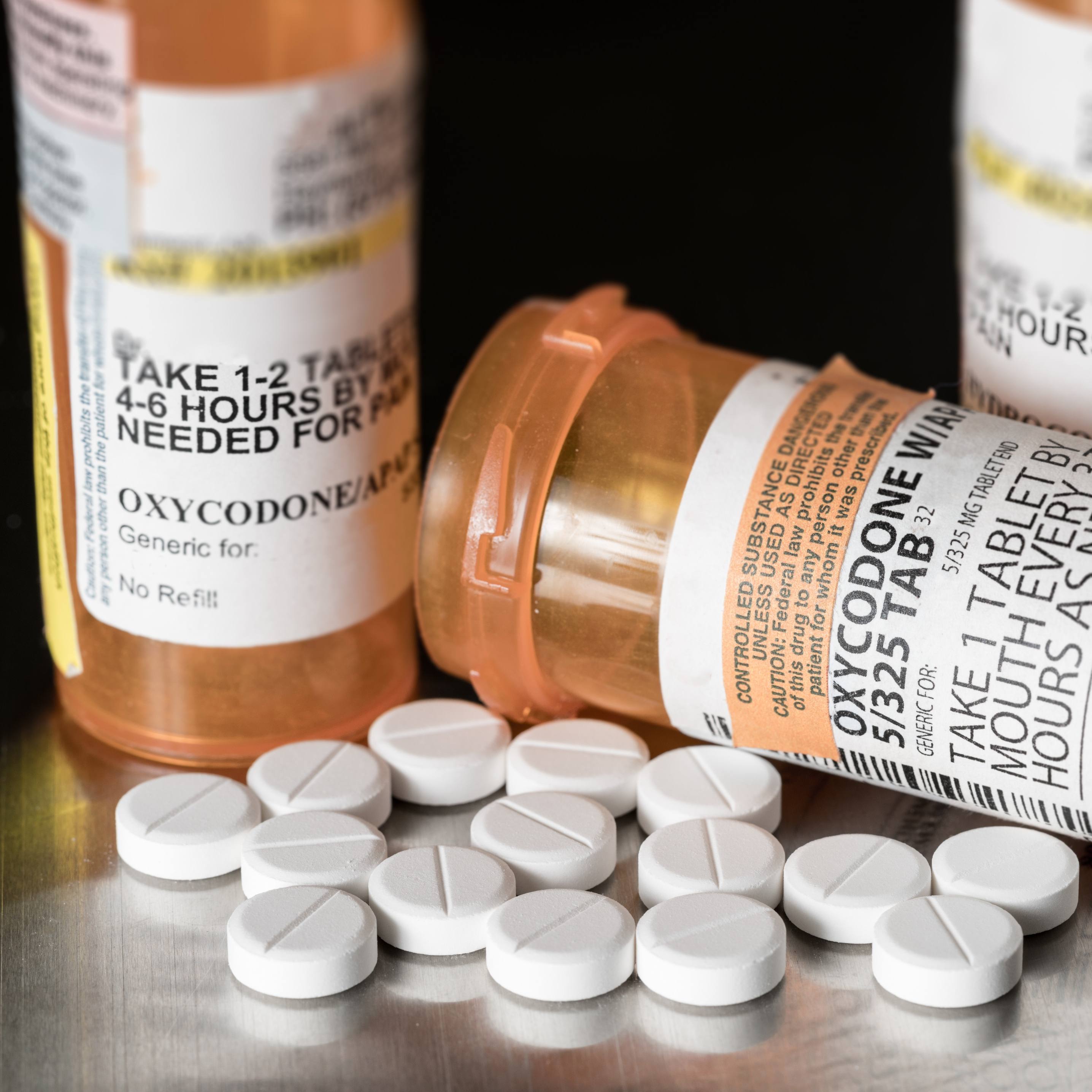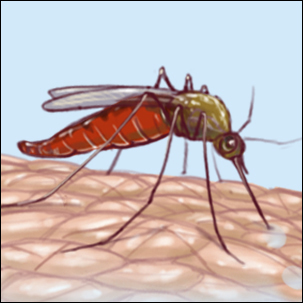-
Health & Wellness
Shingles: Not Just A Band of Blisters
 "Shingles normally isn't a serious condition, but in some people the rash can cause an eye infection," explains Jeffery Wheeler, M.D., Mayo Clinic Health System family physician. "Vaccines can help reduce the risk of shingles, while early treatment can help shorten a shingles infection and lessen the chance of complications."
One complication is called postherpetic neuralgia, which can cause the skin to remain painful and sensitive to touch for months or years. When identified early, shingles can be treated with prescription medications that help shorten the infection and reduce the risk of complications.
Dr. Wheeler says signs and symptoms of shingles may include:
"Shingles normally isn't a serious condition, but in some people the rash can cause an eye infection," explains Jeffery Wheeler, M.D., Mayo Clinic Health System family physician. "Vaccines can help reduce the risk of shingles, while early treatment can help shorten a shingles infection and lessen the chance of complications."
One complication is called postherpetic neuralgia, which can cause the skin to remain painful and sensitive to touch for months or years. When identified early, shingles can be treated with prescription medications that help shorten the infection and reduce the risk of complications.
Dr. Wheeler says signs and symptoms of shingles may include:
- A feeling of pain, burning, tingling, itching, numbness or extreme sensitivity in a limited area of your body
- A red rash with fluid-filled blisters that begins a few days after the pain and lasts two to three weeks before scabbing over and healing
- Fever
- Headache
- Chills
- General feeling of unease and discomfort (malaise)
- Anyone who has a weak immune system
- Newborns
- Pregnant women
Related Articles

Health & Wellness

Health & Wellness





